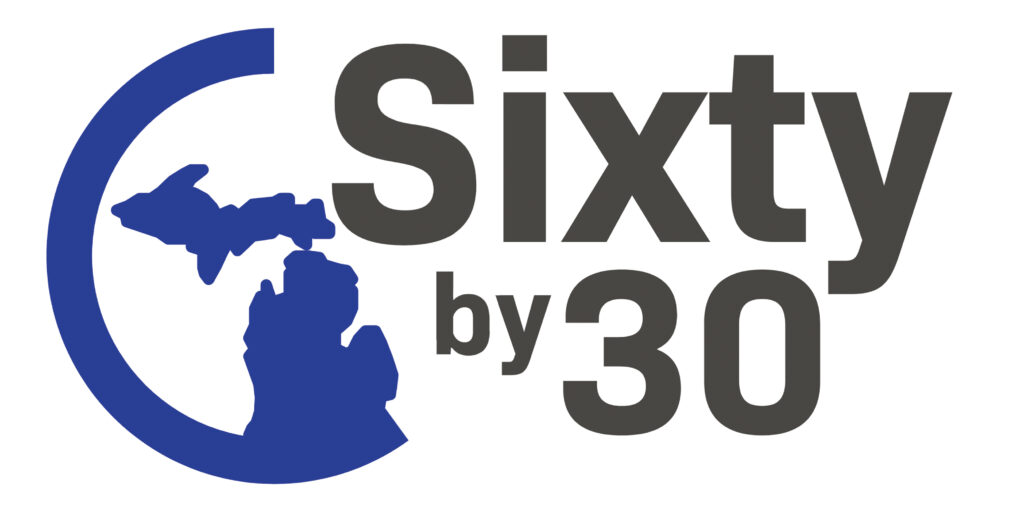Ferris received a $75,000 grant from the state of Michigan aimed at “eliminating academic barriers and exploring strategies to improve the school’s advising.”
There were nine other institutions statewide to receive the grant, including Central Michigan University, Delta College, Eastern Michigan University, Grand Rapids Community College, Grand Valley State University, Kalamazoo Valley Community College, Lake Superior State University, Muskegon Community College and University of Michigan-Flint.

Director of Academic Advising Michael Zaborowski explained the purpose of the grant.
“The idea behind the ‘Quick Start’ grant, when we applied for it, was to identify areas of need on campus and elevate student voices in matters related to student success,” Zaborowski said. “In my view, there hasn’t been a comprehensive study of students’ experiences with advising that specifically elevates their input.”
He emphasized that faculty wanted a clearer understanding of academic advising from a student’s perspective. They found that much of the feedback had been anecdotal and wanted a comprehensive understanding of the situation. One way to achieve that was by applying for larger grants the state offered through the ‘Sixty by 30’ program.
The ‘Sixty by 30’ initiative aims to ensure that 60% of Michigan’s working adults hold a college degree or certificate by 2030. Currently, the educational attainment of working-age adults in Michigan is just over 50%.
“Across the state, adults who are 25 and above who have not received the credential attainment of a postgraduate degree or a professional certificate is at about 51%,” Zaborowski said. “And what they’ve done is created a series of funding opportunities that address things like student basic needs, retention metrics and other opportunities.”
Zaborowski noted the initiative’s dual purpose: boosting educational attainment and aligning graduates with high-demand jobs.
The grant will help Ferris make academic advising practices clearer and more transparent for students and faculty.
“There aren’t many offices where you can say, ‘I’m struggling with a math instructor and also don’t know what to do about parking.’ While it may not technically be their job, advisors often field those questions and help students navigate to the right resources,” Zaborowski said. “For advisors to do this effectively, they need to be able to understand how to answer those questions and pinpoint students in the right directions. And that is only possible through professional development.”
The funding will also support ongoing assessments to identify where students struggle with advising and existing pain points. Ferris currently has 220–230 instructional faculty advisors and 16 primary-role academic advisors. The advising load is nearly evenly split: about 49% of students work with primary role advisors, while 51% are supported by instructional faculty advisors.
Zaborowski acknowledged challenges such as advisor turnover due to sabbaticals or retirements, which can disrupt students’ advising experiences. One goal is to ensure better communication when these advisor changes occur, with updates being sent via email.
Despite the grant’s goals, many students felt unaware of its purpose or potential benefits. Mathematics education sophomore Mason Brooks shared his experiences with advising.
“My experience with advisors has been good and bad,” Brooks said. “I changed my major recently and the transition process was great because of the advisor I talked to. Another advisor was more difficult because they pushed my requests to other people. One other downside was the person did not encourage me to meet up and discuss my plan going forward in college.”
Brooks mentioned that the advisor he originally had did not provide many suggestions, only responding when prompted instead of recommending his next steps. He also expressed skepticism about how the grant would address such issues.
“I’m not sure how the money would help besides paying people to make surveys or do extra work,” Brooks said.
Communications senior Cole Schepers shared similar concerns, questioning the grant’s lack of clear objectives.
“So many students would feel disappointed and betrayed if these grants don’t follow their promises,” Schepers said.
It remains to be seen how this grant money will be used for advising at Ferris and if this change will produce a lasting effect. For now, it appears the need for change will be highly anticipated.
